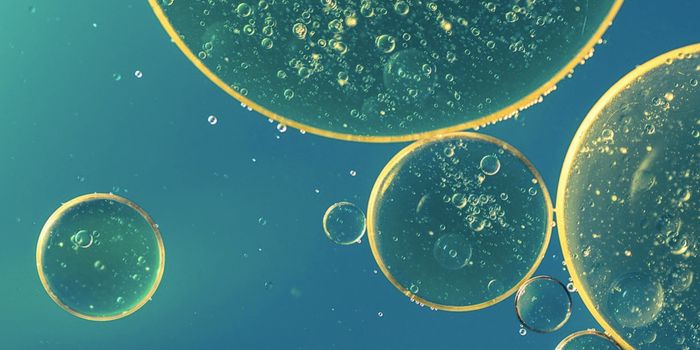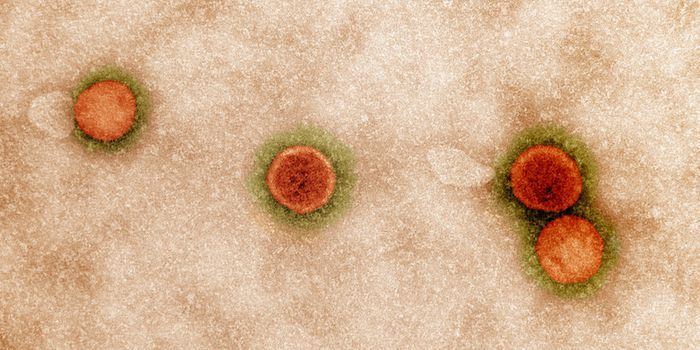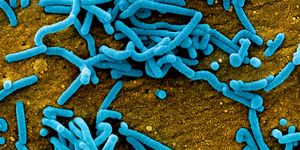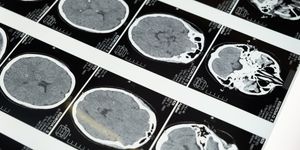A Bacterial Weapon Humans Could Harness
Even though humans are complex organisms and bacteria are single cells, and each are made of completely different cell types (eukaryotic and prokaryotic cells, respectively), there are some similar immune mechanisms at work in both of them. Scientists have now learned more about how a complex found in both human and bacterial cells, a group of enzymes called ubiquitin transferases, works to regulate immune pathways. The findings, which have been reported in Nature, may provide new insights into treatments for a wide range of human diseases, suggested the researchers.
"This study demonstrates that we're not all that different from bacteria," said senior study author Aaron Whiteley, an assistant professor at the University of Colorado Boulder. "We can learn a lot about how the human body works by studying these bacterial processes."
Some research has suggested that the immune system found in humans has its origins in bacterial cells. Bacteria have to fight their own infections from other microbes like bacteriophages, viruses that infect bacterial cells. The CRISPR gene editing tool is derived from a bacterial immune defense.
An enzyme called cGAS (cyclic GMP-AMP synthase) can be found in humans, and a simpler version of it is also carried by bacteria; cGAS works to activate an immune defense when viral pathogens are detected.
Researchers have now analyzed the structure of bacterial cGAS, and revealed other proteins that are involved in the response to a viral infection. This study has shown that in bacteria, cGAS is modified by a simplified form of ubiquitin transferase, a crucial enzyme also found in human cells.
Bacteria are far easier to manipulate genetically compared to human cells, so this opens up a world of new research opportunities, said co-first study author Hannah Ledvina, PhD, a postdoctoral researcher. "The ubiquitin transferases in bacteria are a missing link in our understanding of the evolutionary history of these proteins."
In this research, the scientists have also revealed two critical parts of ubiquitin transferase: Cap2 and Cap3 (CD-NTase-associated protein 2 and 3) that activate and deactivate the cGAS response, respectively.
In humans cells, ubiquitin tags also work to mark cellular garbage, like dysfunctional or unnecessary proteins that have to be degraded and disposed. Problems with this system can lead to a buildup of cellular trash, which may lead to some disorders, such as neurodegeneration.
Thus, while more research is needed, the study authors are hopeful that this work will enable us to learn more about many diseases, including autoimmune disorders like arthritis or neurodegenerative diseases such as Parkinson's disease
Parts of the bacterial ubiquitin transferase complex, like Cap3 - the off switch, could be harnessed to eliminate some pathologies related to human disease, suggested Whiteley.
Sources: University of Colorado at Boulder, Nature









